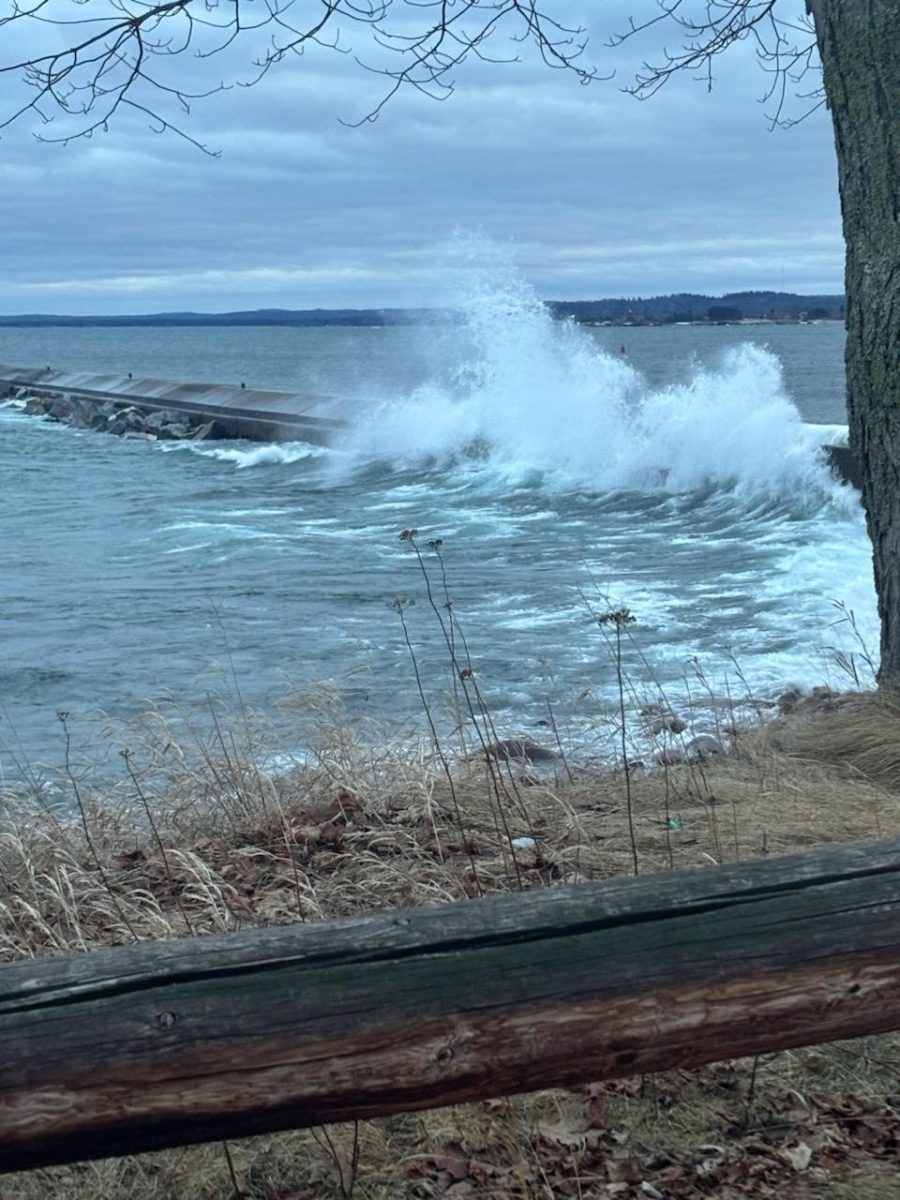According to John Dewey, the objective of the American public school is to educate students about their civic duty within our democratic society.
Writing instruction that emphasizes human experience through the construction of creative forms of expression allows student-writers practice with statements of social and civic engagement. These statements narrate students’ perceptions of life and their conception of its social support systems. Therefore, it is imperative that K-12 students write creatively in order to learn what they think about the knowledge set before them, year after year.
Educational theorists have advocated for decades for a writing pedagogy that scaffolds writing instruction, suggesting this scaffold begin with creative forms of expressions. However, because of federal mandates such as No Child Left Behind and Race to the Top, K-12 writing curricula has phased out creative writing courses to make way for writing programs that support the genres tested on the high-stake tests required by such mandates. Students are taught to write nonfiction texts that employ evidence-based practices more than they are taught to create fictional texts that explain evidence anecdotally, through fact and experience.
Because of this, U.P. schools are also phasing out creative writing courses. Munising High School offered creative writing one semester this school year; Marquette Senior High School did not offer creative writing at all. In response to this, Director of English Education Kia Jane Richmond hosted the first-annual Creative Writing Night (CWN) in 2017. Its success attracted the attention of the Literacy Legacy Fund (LLF) of Michigan. Because the night responds to the foundation’s mission statement of supporting a literate Michigan citizenry, the LLF funded the second annual CWN. As a visiting instructor in the English department at NMU, I was asked to host this.
The purpose of the second annual CWN was two-fold. Four writing prompts were provided to participants. These prompts had one central focus: human experience. Additionally, texts were purchased for writing-teachers and student-writers. These texts teach standards-based writings with creative writing genres. Writing teachers received a methodological text with multiple creative writing prompts that use human experience to build writing skills necessary for high-stakes tests. Student writers received a creative collection of stories, written by students at Burton High School in San Francisco, based on the human experiences presented in Mary Shelley’s Frankenstein.
On April 13, student writers came to Jamrich Hall and were randomly assigned to writing groups with a set of preservice English language arts teachers from NMU’s English education program as coordinators. One writing teacher from Marquette Senior High School was in attendance. English teacher, Kim Parlato said of the night’s events: “I loved watching my students dive into the writing exercises. Their enthusiasm for their writing obviously needs an outlet other than their English courses at school, though they begged me to include more exercises like these in our daily instruction.” Two graduates from the English department’s MA program were also in attendance. They and Parlato worked with the groups to answer questions about creative writing techniques.
The student writers were surveyed and reported that they would use the night’s activities in their own writings. They suggested having CWNs more than just once a school year. One student recommended holding the event multiple times a school year to “help MHS students in the college classes EN 111 and EN 211.” Preservice English language arts teachers described their experience to be similar—they believed having the event multiple times a year would aid the student-writers’ processes. Additionally, they appreciated working with student writers and await the opportunity to do it again.
At the night’s closing, every student politely shook my hand and accepted his/her text with a delighted smile and sincere thank you. Upon reflection, I am certain that the activities and materials presented at the 2018 CWN supported a literate citizenry through creative forms of expression. I can only hope the student writers and writing teachers who participated feel the same way.



























